The AMD R9 290 is a GPU based upon on AMD’s older flagship Hawaii GPU core as seen in the 290X. It is priced below the GTX 970 from Nvidia, and offers comparable performance in most cases. This is why we’re revisiting one of the top performers today. While AMD’s next generation of cards may be around the corner, it will be quite a while until those cards will be sold at a price below $300
The XFX Double Dissipation R9 290 version is one of the better non reference cooler designs. XFX is also well known for their lifetime warranty.
XFX DOUBLE DISSIPATION R9 290 OVERVIEW
This particular 290 is stock clocked at 800 MHz with a boost clock of 947 MHz and a memory clock of 5000MHz. That being said this card is not the fastest R9 290 out there.
The card comes standard with 4GB of GDDR5 at 5000 MHz as mentioned above. 4GB of VRAM is very helpful when gaming at resolutions above 1080P like 2560 x 1440, or 4K (3840 x 2160), in fact these cards do quite well in crossfire at 4k
The XFX Double Dissipation R9 290 is equipped with its Ghost 2 thermal solution. After the original had issues with cooling the VRM, XFX went back to square one and completely redesigned the shroud and cooler, adding internal baffles and having a larger footprint to increase cooling performance while keeping noise levels down. Speaking of the shroud, XFX has went with an absolutely fantastic looking shroud that gives a very understated look that contrasts well with the lit up XFX logo.
The XFX Radeon R9 290 Double Dissipation is packaged in a dark box with a turquoise hue. The box stands taller than the average GPU box and is also deeper. The front of the box also highlights the Radeon R9 290 GPU, 4GB of VRAM, the Double Dissipation thermal solution, and the 6 VRM Power capabilities. On the back, it goes into further detail about the card’s specifications in a variety of languages.
It also includes the driver disc, which we recommend that you just download the latest drivers from AMD, a quick start guide instructions to register your card for their lifetime warranty and some power adapters in case you would need one.
DESIGN AND BUILD QUALITY
The card measures in at 11 inches in length, the same as their 290X version, which most modern cases can accommodate this without problem but you will want to make sure it does before purchasing.
While made of plastic the GPU looks fantastic in our test bench as it has a very sleek and clean look with the bits of chrome accenting the shroud.
The XFX logo does light up a translucent white once powered on and looks fantastic, as it isn’t very gaudy or loud, but looks very sleek.
One of the pet peeves we had with this card is that the way the 6 and 8-pin power connectors are oriented because it required a lot of work to get off by hand as the heat sink is right up against the latches. Using a tool like a pair of needle nose pliers made life a lot easier.
We can see here this card come equipped with dual DVI-D ports as well as DisplayPort 1.2 and an HDMI port
Review Overview
Design
Features
Build Quality
Price
Warranty
Great 1440P Graphics!
While the price may vary on this card, it is still one of AMD's best non reference 290s and for good reason. This card kicks serious butt and with a 2nd card, 4K gaming is very affordable possibility!
 Technology X Tomorrow's Technology Today!
Technology X Tomorrow's Technology Today!

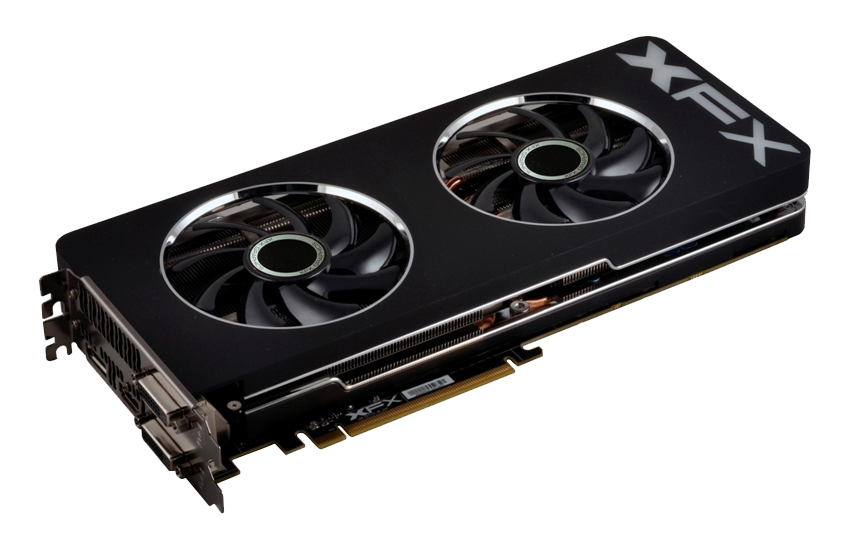
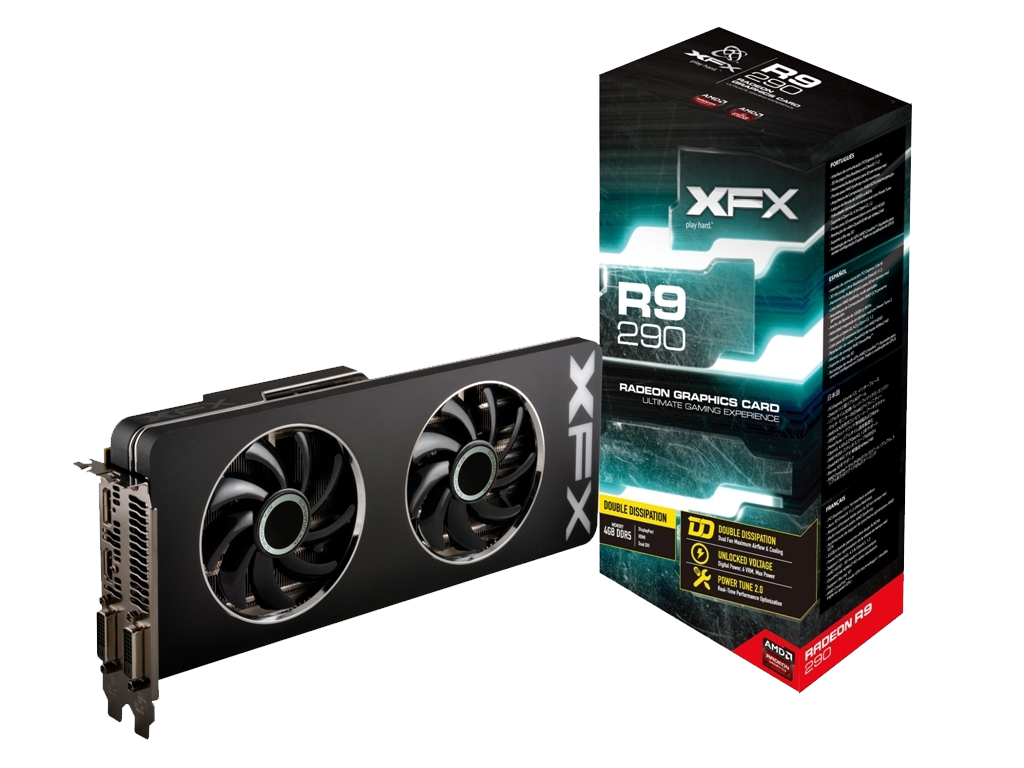
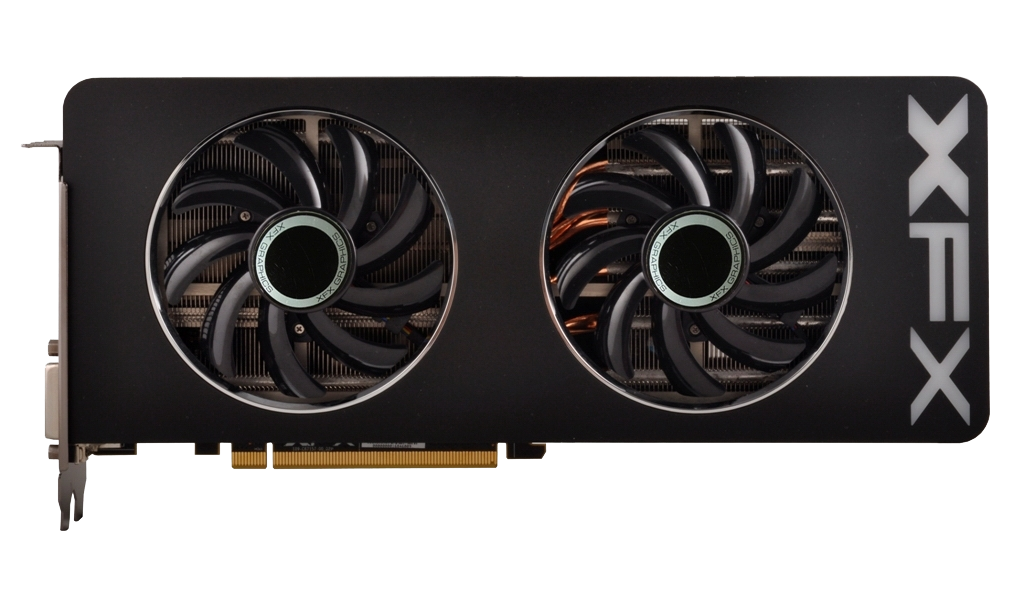
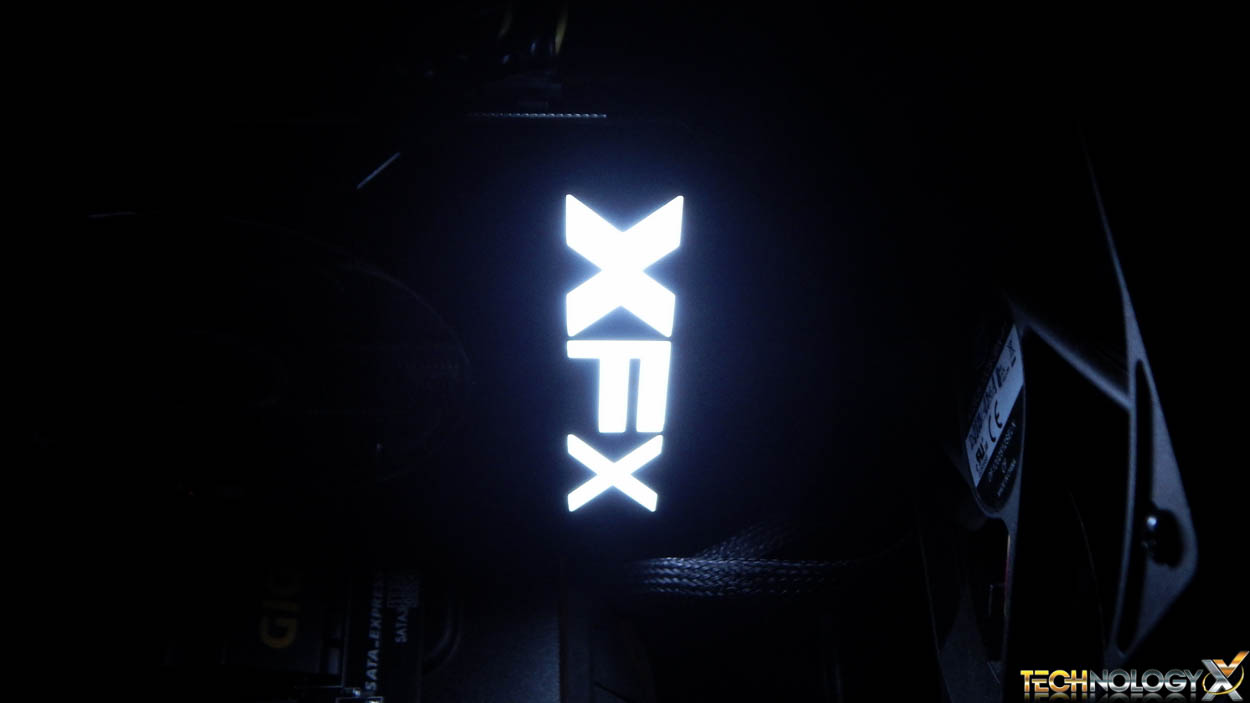
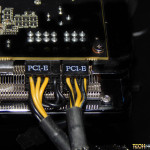
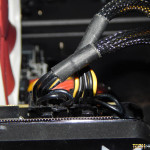
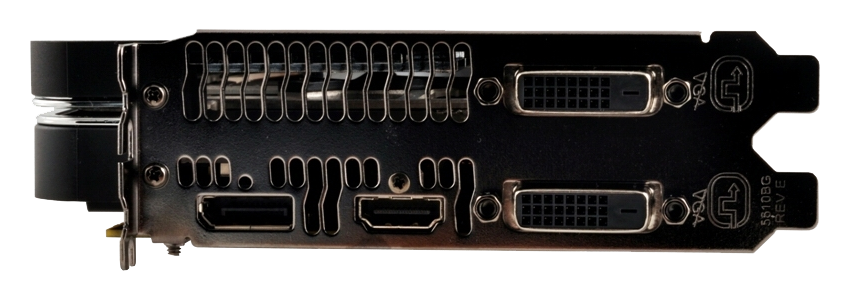
Nice “mano-a-mano” review; and comes out how the 290 is overall “value leader” for entry into 1440p gaming! Many recognized this after the 970 came out… it didn’t much push healthier 1440p over 780. Two friends at time made the move buying just as the R9 290 price dropped, while they then used the approximately $100 they didn’t ante-up to 970 to offset the cost upgrading to a new 1440p panels. While the interesting thing on power… if you “sleep” your computer AMD ZeroCore can make back a good portion of the energy maxwell saves during gaming (unless you’re like >25 hours a week) in a months time.
Thanks a lot, we do see the 970 does quite well against our 290, but as I said in the article a decent 290 can be had for around $270 and does 1440P very well.